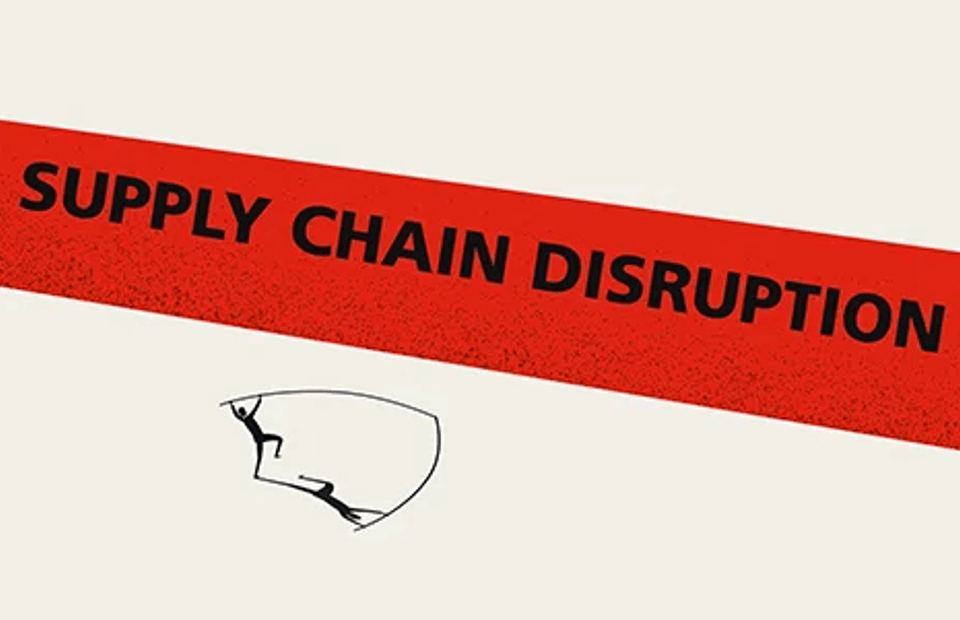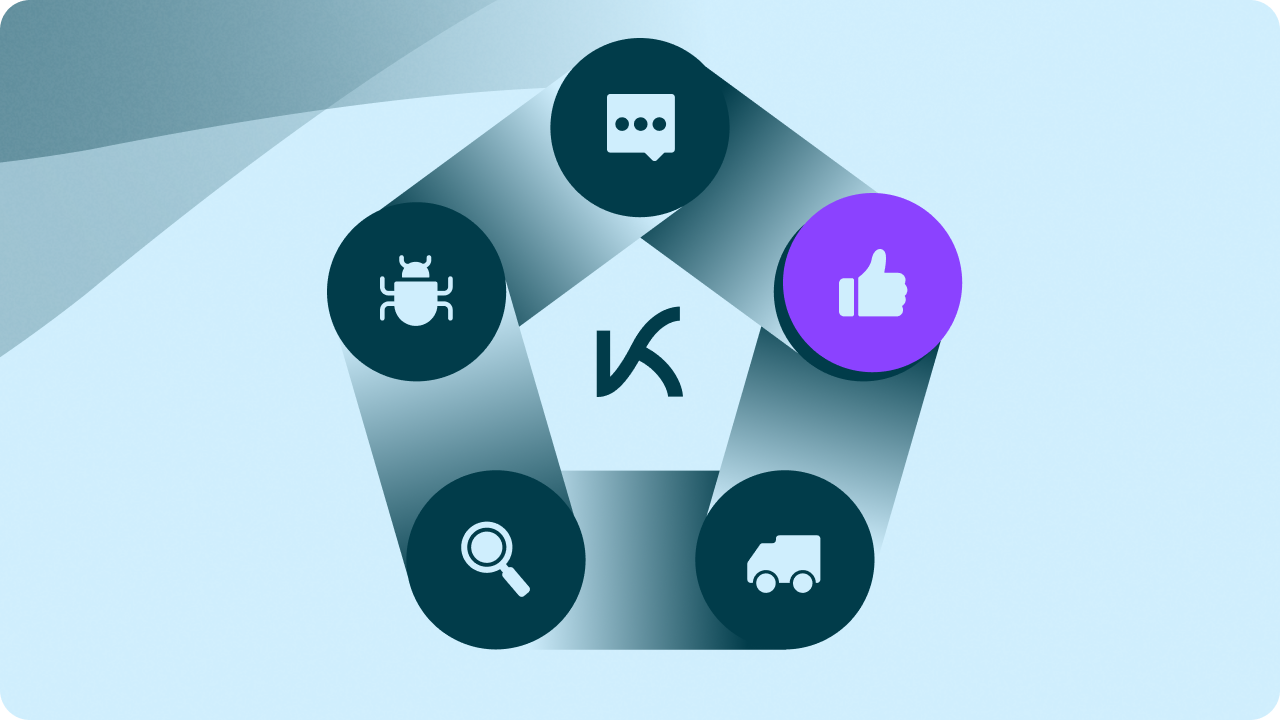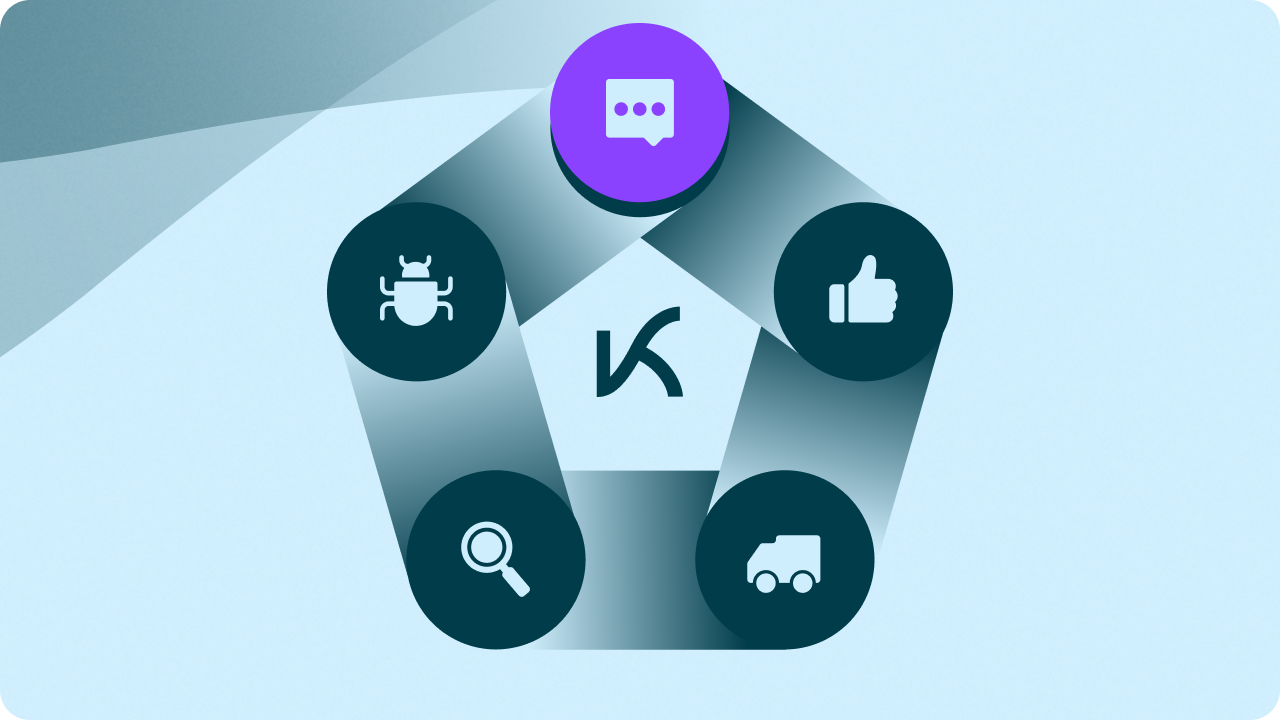
Companies are trying to secure access to the materials they need to deliver products and services to their customers. Whether it’s titanium, palladium, or skilled labor, companies are trying to solve access to these resources.
Technology and the advances in technology are what has connected companies and countries around the world, which is why a global just-in-time supply chain was functional in a world without massive disruptions. The global economy has made it easy for an insurance company based in Ohio to contract a marketing professional or skilled developer from anywhere in the world. “Technology has connected us globally. We are one large global economy and when an event happens anywhere in the world there is going to be some impact,” said Bisceglie.
According to Interos, information technology (IT) is one of the most at-risk sectors related to Russia and Ukraine. Technology, to include skilled developers, represent over 10% of Russia and Ukraine exports, respectively.
Whether it’s the war in Ukraine or “the great resignation”, the supply chain of innovation has been astronomically disrupted.
But why?
Innovation doesn’t have to be some big breakthrough. “Just make your product better. This is the thing that really matters,” Elon Musk told the Wall Street Journal.
Innovation and improvement through automation is one way in which products can be made better. Automation decreases human errors, decreases time to value, and delivers positive business outcomes for a company and their customers. Today a new car purchase, applying for a home mortgage, or even joining a telehealth appointment, can all be delivered with very little friction from the comfort of your own home. The ability to rapidly deliver a product with a delightful user experience is a competitive advantage fueled by innovation through automation.
The supply chain for automation was already strained as today’s platforms all require a business user to translate business needs to an analyst who then translates those requirements to a developer who then writes computer code. That’s a great distance for the valuable business innovation to travel, with loss of clarity and loss of time along the way. With less than 1% of the global workforce able to write code, this legacy architecture also exposes a massive bottleneck in a company’s ability to innovate. The war in Ukraine has compounded this innovation supply chain bottleneck by further limiting access to skilled developers and technical services.
“I think it’s a wakeup call. I think that there’s the opportunity for unique innovation. I think that there’s the opportunity just to do business in a better way,” says Bisceglie.
Fortunately, silver linings are emerging. “A more mature and sophisticated supply chain is coming together in real-time, and those who get on board will have a competitive advantage in the long run,” said Bisceglie. Companies like Kognitos are focused on this new supply chain model, by decreasing the reliance on skilled developers for any innovation through automation as well as exponentially reducing the distance between your line of business experts and the ability to turn that expertise into valuable digital capital. This is one reason the burgeoning hyper-automation market is expected to top $30 billion by 2025, according to the Cube.
Kognitos democratizes business process automation through the most advanced English language based automation platform ever invented. This allows business users to directly build, run, share, and collaborate on innovations through automation in English, without having to understand computer code. Artificial intelligence (AI), machine learning (ML), and natural language processing (NLP) are key technologies driving this competitive advantage.
According to Interos, in the last 24 months we have seen the supply chain conversation rise out of the procurement and supply chain world to the CEO.
“Never before has this [supply chain] conversation been at the CEO and the Board level as it is today. And the reason for that is that we are literally cutting parts of the world off from our sources of supply. Businesses can’t keep operating like this,” comments Bisceglie.
This has been a very big wake up call. Every country, every company, of every size, has been educated that the status quo is not good enough anymore. While most companies have realized that their supply chain is their reputation and their brand, those that rise to the top also realize it can be a competitive advantage.
If you can read this article you can write an automation to deliver valuable business innovation, wherever you are in the world.
Kognitos, the future of business automation.
Want to Unlock the Power of Generative AI for Your Business Today

Discover the Power of Kognitos
Our clients achieved:
- 75%manual data entry eliminated
- 30 hourssaved on invoicing per week
- 2 millionreceipts analyzed per year





